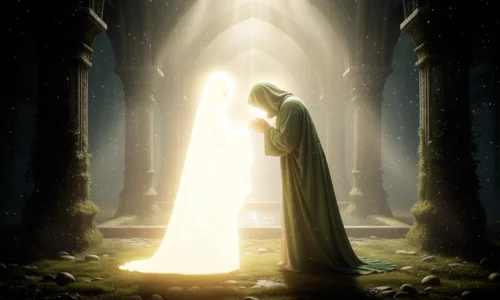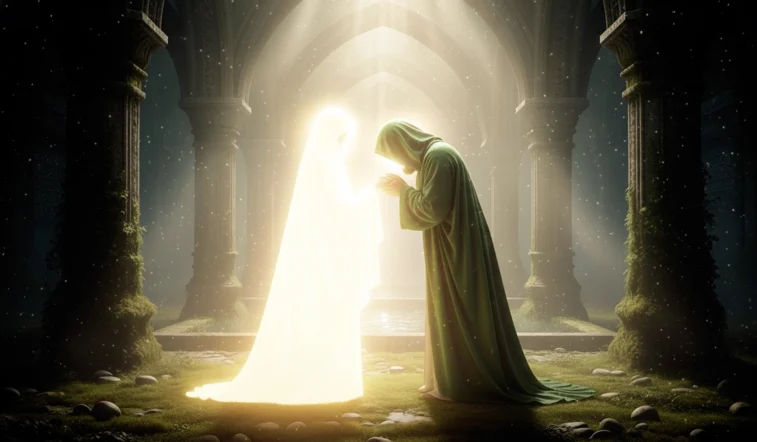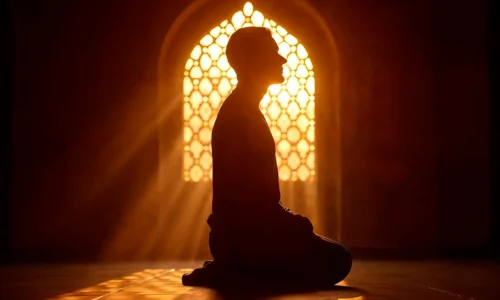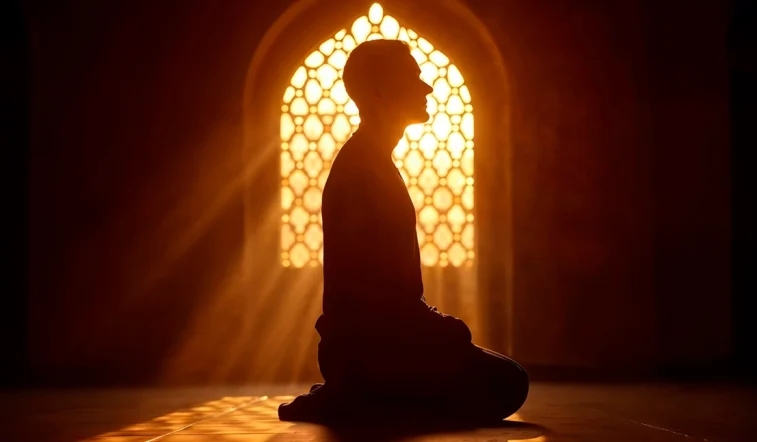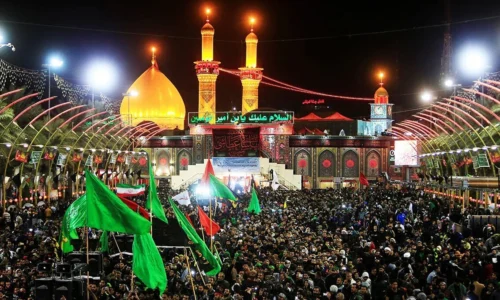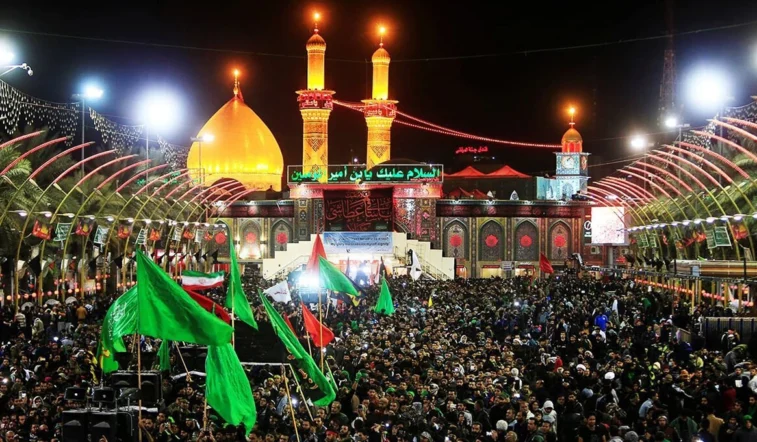Calling Upon the Living Proof of Allah in the Time of Need
Imam al-Mahdi (peace be upon him), the 12th and final Imam from the progeny of the Prophet Muhammad (PBUH), is not a figure of the past or a distant future. He is alive, present in this world — though in occultation — and serves as the divine guide, protector, and hope for the oppressed.
During his occultation, while his physical presence is hidden, his spiritual guidance remains available to all believers. One of the most powerful ways to connect with him is through duʿā’ (supplication). Many authentic prayers, narrated from the Ahlulbayt (peace be upon them), guide us in calling upon Imam Mahdi for help, support, guidance, and relief in times of hardship.

Why Make Duʿā’ to Imam Mahdi?
Imam Mahdi is Allah’s appointed Hujjah (proof) on Earth — the living representative of divine mercy. While duʿā’ should always ultimately be directed to Allah, we are permitted — and even encouraged — to seek wasilah (intercession) through those whom Allah has chosen.
“O you who believe! Be mindful of Allah and seek a means (wasilah) to Him.”
~Qur’an 5:35
Seeking the help of Imam Mahdi is a spiritual act of longing and loyalty, and a recognition of his divinely appointed role.
1. Duʿā’ al-Faraj (The Supplication for Relief and His Reappearance)
This is one of the most well-known and widely recited supplications during the Imam’s occultation. It is short but extremely powerful.
بِسْمِ اللهِ الرَّحْمنِ الرَّحِیمِ. اللَّهُمَّ کُنْ لِوَلِیِّکَ الحُجَةِ بنِ الحَسَن، صَلَواتُکَ علَیهِ و عَلی آبائِهِ، فِی هَذِهِ السَّاعَةِ وَ فِی کُلِّ سَاعَةٍ، وَلِیّاً وَ حَافِظاً وَ قَائِداً وَ نَاصِراً وَ دَلِیلًا وَ عَیْناً، حَتَّی تُسْکِنَهُ أَرْضَکَ طَوْعاً وَ تُمَتِّعَهُ فِیهَا طَوِیلا.
Translation:
“In the Name of God,
O Allah, be for Your representative, the Hujjah ibn al-Hasan,
Your blessings be upon him and his forefathers,
In this hour and every hour,
A guardian, a protector, a leader, a helper,
A guide and a watchful eye,
Until You allow him to dwell on Earth in obedience,
And cause him to enjoy it for a long time.”
This duʿā’ is a means of seeking protection through the Imam, and asking Allah to bring about his visible reappearance.
2. Duʿā’ al-Ahd (The Covenant Supplication)
A longer supplication that emphasizes loyalty and readiness to join the Imam’s cause when he appears.
“O Allah, I renew for him on this day and every day a covenant and pledge and allegiance to him… make me of his supporters, his followers, and those who strive in his path.”
This duʿā’ strengthens our connection with the Imam and renews our spiritual allegiance to his mission. It is recommended to recite every morning, especially during the time of Fajr.
3. Ziyarat of Imam Mahdi (Ziyarat al-Imam al-Hujjah)
Ziyarat is a form of respectful salutation to the Imam, acknowledging his presence and seeking nearness to him.
“Peace be upon you, O the remnant of Allah on His Earth.
Peace be upon you, O the covenant of Allah which He took and fastened.
Peace be upon you, O the promise of Allah which He guaranteed…”
This ziyarat can be read on Fridays, a day strongly associated with the Imam, or anytime one feels the urge to connect with him. It builds a personal spiritual relationship with the Imam, full of reverence, longing, and love.
4. Duʿā’ for Protection from Trials During Occultation
Imam Ja’far al-Sadiq (AS) taught a prayer for the time of occultation:
“O Allah, let me recognize Your Hujjah, for if I do not recognize Your Hujjah, I will go astray in my religion.”
This duʿā’ is a powerful reminder that in an age of confusion, we must seek guidance through the Hujjah of Allah, and not rely on political ideologies, material systems, or misguided leaders.
5. Duʿā’ of Tawassul (Seeking Intercession)
While not specific to Imam Mahdi alone, this famous supplication invokes all 14 Ma’sumeen (peace be upon them), including the 12th Imam:
“Ya Abal-Hasan, Ya Hujjat ibn al-Hasan, O Mahdi, I seek your intercession before Allah…”
Duʿā’ al-Tawassul is a heartfelt plea, often recited on Tuesday nights or during personal moments of hardship, asking the Imam to intercede for healing, relief, or forgiveness.
How to Make Your Supplication More Powerful
- Pray with sincerity and presence of heart
- Perform wudhu (ablution) before duʿā’
- Face the Qibla
- Mention the names of the Ahlulbayt (AS) with respect
- Pray for the hastening of the Imam’s return before your own needs
- Repeat duʿā’ regularly, even when you don’t “feel” it
Final Thoughts: A Living Connection with the Hidden Imam
Imam Mahdi is not distant from us — he hears our prayers, and he prays for us too. Through sincere duʿā’, we can reach him, feel his presence in our lives, and find strength in his spiritual guidance.
He is the light in our darkness, the hope for the oppressed, and the proof of Allah’s mercy in our time.
Keep calling upon him.
Keep waiting for him.
And live each day like you’re preparing to meet him.
